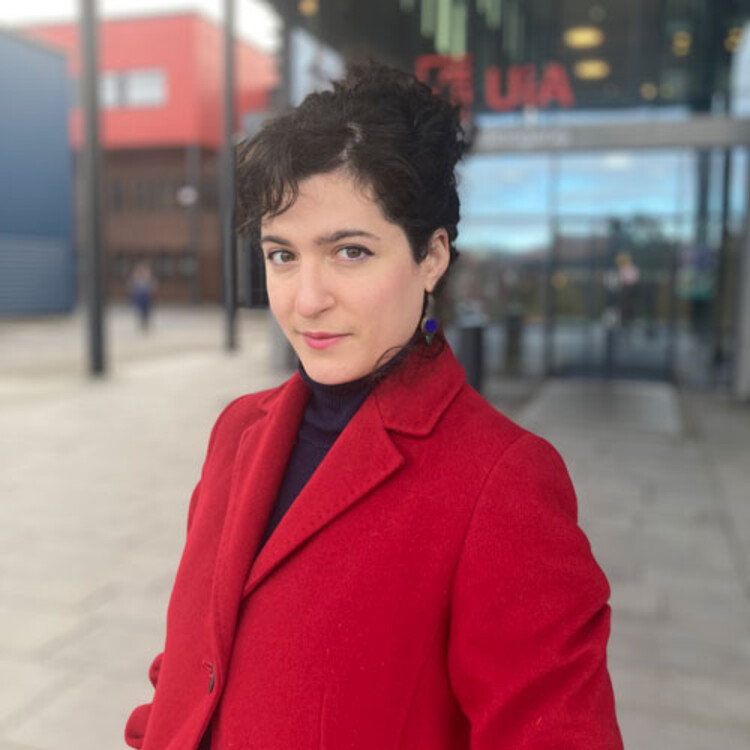Synchronizing Wisdom and Implementation: A Formal ODD Approach to Expressing Insights on Bullying

Initially motivated to create quality models of social conflict, this dissertation approaches the model quality challenge with a Domain Specific Modelling (DSM) approach.
Themis Dimitra Xanthopoulou
PhD Candidate
Themis Dimitra Xanthopoulou will defend her thesis "Synchronizing Wisdom and Implementation: A Formal ODD Approach to Expressing Insights on Bullying" 24 November 2023.
Summary of the thesis
The Social Simulation methodology, a mix of traditionally unassociated fields, utilises computer models to describe, understand, predict, and reflect on social phenomena. The model creation process typically requires the integration of knowledge insights from academic and non-academic knowledge holders.
To ensure model quality, different processes are established in an effort to verify the alignment of knowledge insights and their implementation in the simulation model by the modelling team. However, due to a lack of technical skills, knowledge holders, who may not fully understand the model code, often perform these verification checks indirectly, for example by evaluating conceptual model descriptions.
Initially motivated to create quality models of social conflict, this dissertation approaches the model quality challenge with a Domain Specific Modelling (DSM) approach. The objective was to develop a DSM tool using the Design Methodology, supplemented by a case study to provide first-hand experience with the quality challenge. Based on our project requirements, we selected University bullying as the case study subject. The Design Methodology included the problem exploration, the identification of a DSM solution, the selection of a domain and programming language for the DSM tool, the agile development of the domain language aspects with test models, and a final evaluation using the case study model.
The solution involved creating a DSM tool with a user-friendly interface that utilises a high-level domain language fit for conceptual model descriptions. Knowledge holders can use the tool to express their insights in the domain language. Model code is then automatically
generated from these descriptions.
The ODD protocol is a widely used documentation method in the Social Simulation community. To build the DSM tool, we developed the concept of a Formal ODD - an ODD protocol with a formal representation of the computer model code and a requirement for complete descriptions. We proceeded to develop a Formal ODD language.
The DSM tool was built using the MPS platform, with the Formal ODD as the domain language and NetLogo as the programming language. The process of writing a model description using the Formal ODD language is similar to writing an ODD protocol but with added sections for increased model transparency. We recommend the adoption of the Formal ODD as it reduces model creation time, eliminates potential coding errors, provides accurate model descriptions for replication and transparency, and reduces the risk of insight misalignment. Our experience with the bullying case study exposed concept ambiguity as a potential disruption of model quality. Our own Formal ODD implementation assists in conceptual clarification.
The significance of our main contribution, the DSM tool, is a solution to the misalignment problem by avoiding the implementation of insights by the modelling team without requiring knowledge holders to acquire programming skills. The dissertation also contributes a new framework to understand the modelling stages. The framework was synthesised using the Object Management Group hierarchy and the new concepts of model physics and model context. Finally, we provide a base model for social simulation models related to exclusion and marginalisation.
Find more information about time and place for the doctoral defense.